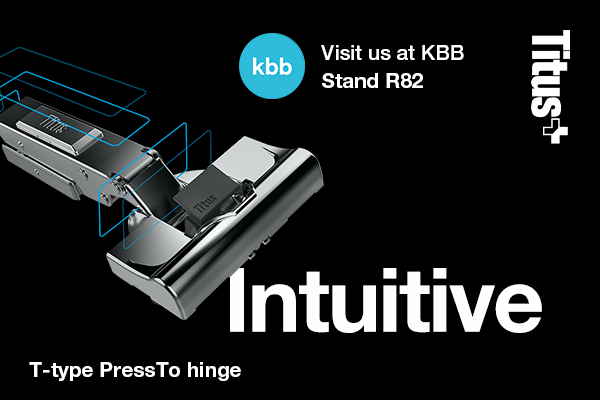The Future@Work judges have announced the winners of the 2015 competition, run by FIRA and sponsored by Morgan Contract Furniture.
Winners of first, second and third prize were chosen from four shortlisted entries. The designs were also subject to a public vote which took place at Morgan’s showroom throughout Clerkenwell Design Week and FIRA’s website until 3rd June. A total of 463 votes were received. The winner of the first prize will receive £3000.
The brief outlined three categories for design concepts – personal space, small group space or novel product design. Applicants were urged to consider sustainability, the impact of technology and social criteria in their designs. The competition was open to all undergraduate students studying furniture-, design- or architecture-related courses in a UK university.
The winner of the first prize and the public vote is Familiar Systems – a piece of technology that aims to replace the computer screen. The device was designed by Jack Darby and Andy Lyell, and is based on drone technology, in which a projector and gimbal reside. This allows the user to work in a variety of locations and can be configured to personal set-up.
The Orbis Desk by Mark Heyster wins the second prize. The design aims to account for the unique needs of creative professionals by offering an adjustable workspace, including the ability to tilt the desk at different angles.
Third prize goes to the Drop Desk, a sit/stand desk designed by Jonathan Thompson.
Dr Peter Beele, FIRA council member, says: “We were delighted with the success of the competition and final deliberations identified a clear winner. The judges envisaged that, although futuristic, it was not beyond the realms of possibility that the Familiar Systems, or a similar concept, would find its way into a future workspace.
“The concept addresses many of the criteria that impact on work environments, in particular the ability to interact with both people and technology in a fully flexible manner.
“It also offers a solution to some of the more costly elements within a workspace, such as the need for complicated hard wiring infrastructures which often need to be updated to reflect changing uses or work patterns and the option for accommodating a greater number of individuals within smaller spaces.”
View the winning entries at http://www.fira.co.uk/design-comp-winners









